Hyundai Steel, Dangjin Heavy Plate Factory No. It is expanding the heat treatment furnace at 1 and this investment is planned to be completed in January 2024. With this expansion, Hyundai Steel's heat-treated heavy plate production capacity will increase from 150,000 tons to 300,000 tons. A Hyundai Steel official stated that this investment targets the high value-added steel plate market by improving physical properties.
Heavy plates are thick sheets of iron commonly used in shipbuilding and produced by hot rolling, accelerated cooling and heat treatment. The influx of China's low-priced plates into Korea is creating great competitive pressure for domestic manufacturers. According to the Korean Steel Association, China's heavy plate imports to Korea increased from 312,000 tons in 2021 to 599,000 tons in 2022 and 1.12 million tons last year. This has weakened the bargaining power of domestic steel producers, as the price of Chinese plates is 100,000 to 200,000 won (72-144 USD) per ton cheaper than domestic plates.
Hyundai Steel plans to counter these challenges by focusing on high value-added heavy plate markets. The company targets markets such as offshore wind farm infrastructures and LNG terminals. Hyundai Steel predicts that offshore wind heavy plate demand will increase by an average of 39% per year, from 1.36 million tonnes in 2024 to 9.81 million tonnes in 2030.
POSCO follows a similar strategy. The company produces high value-added heavy plates with a total capacity of 800,000 tons with its heat treatment facilities in Pohang and Gwangyang. POSCO officials state that they are closely monitoring the flow of low-priced heavy plate from China and aim to increase the sales of strategic products such as high-quality marine structural steel, cryogenic steel and wind tower steel.
Dongkuk Steel, on the other hand, states that despite the increase in demand in the shipbuilding industry, profitability is low due to competition from China. The company is focusing on expanding the export of high value-added steel plates, stating that the slowdown in non-shipbuilding sectors also negatively affects profitability. Dongkuk Steel plans to secure profitability by targeting niche markets such as ultra-thin steel plates.
Domestic steel producers continue to compete with high value-added products against China's low-priced plates and aim to strengthen their place in the market with these strategic moves.


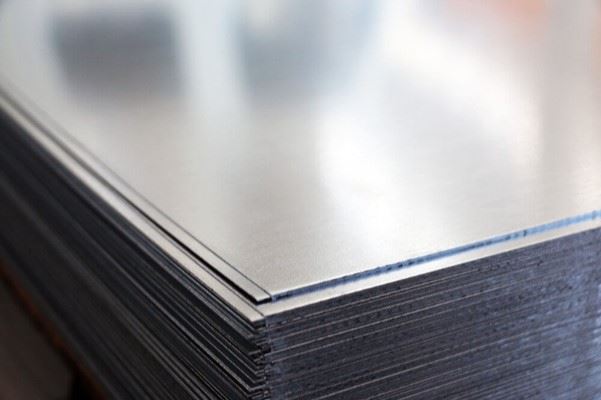
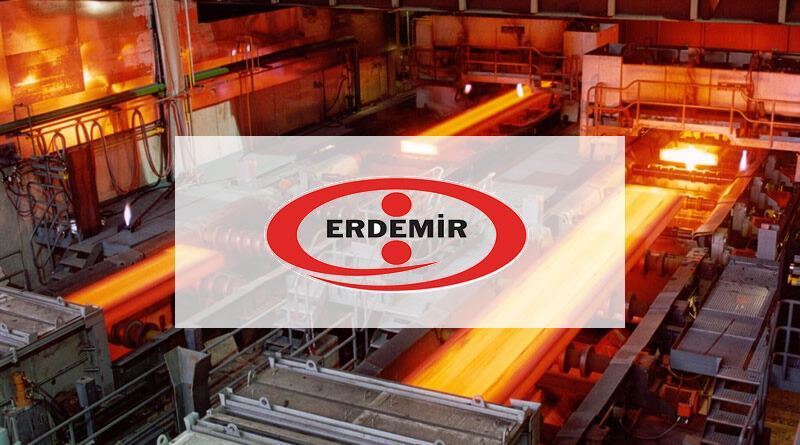
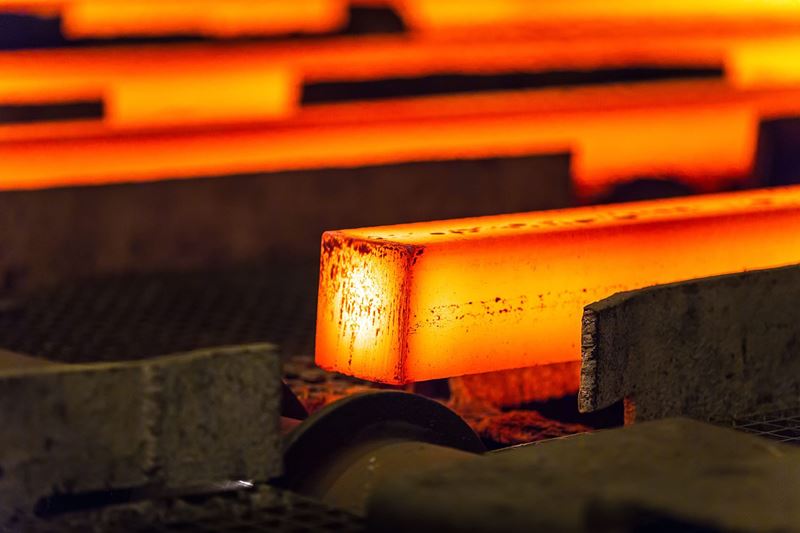
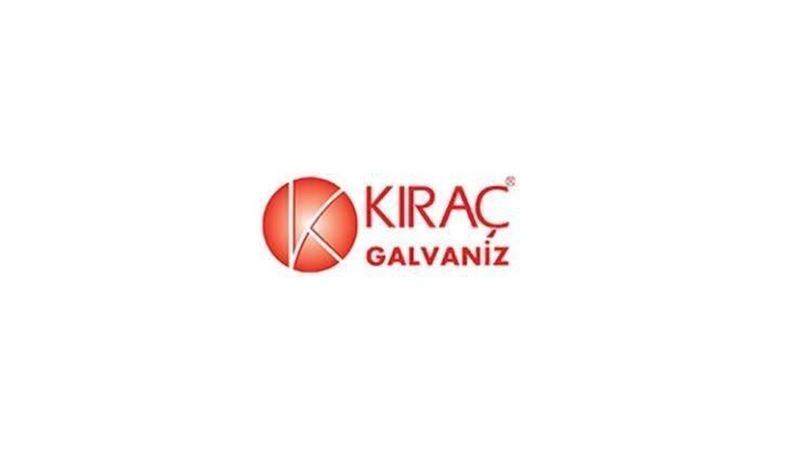
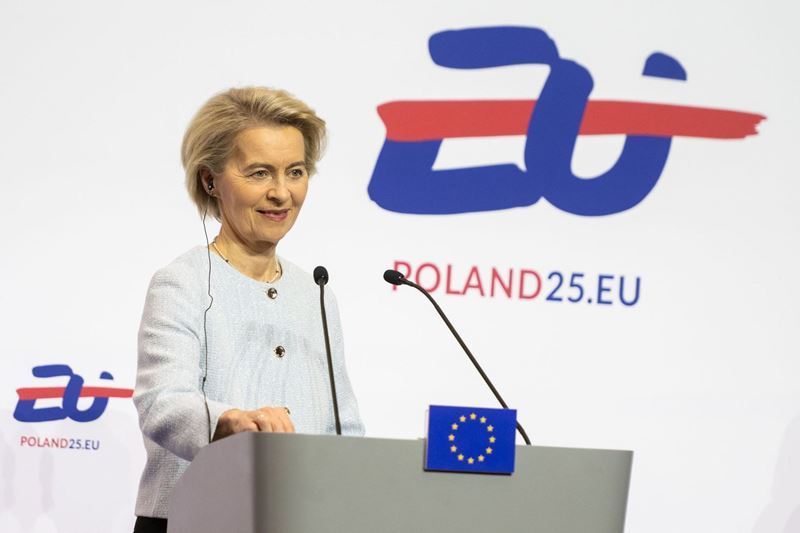


Comments
No comment yet.